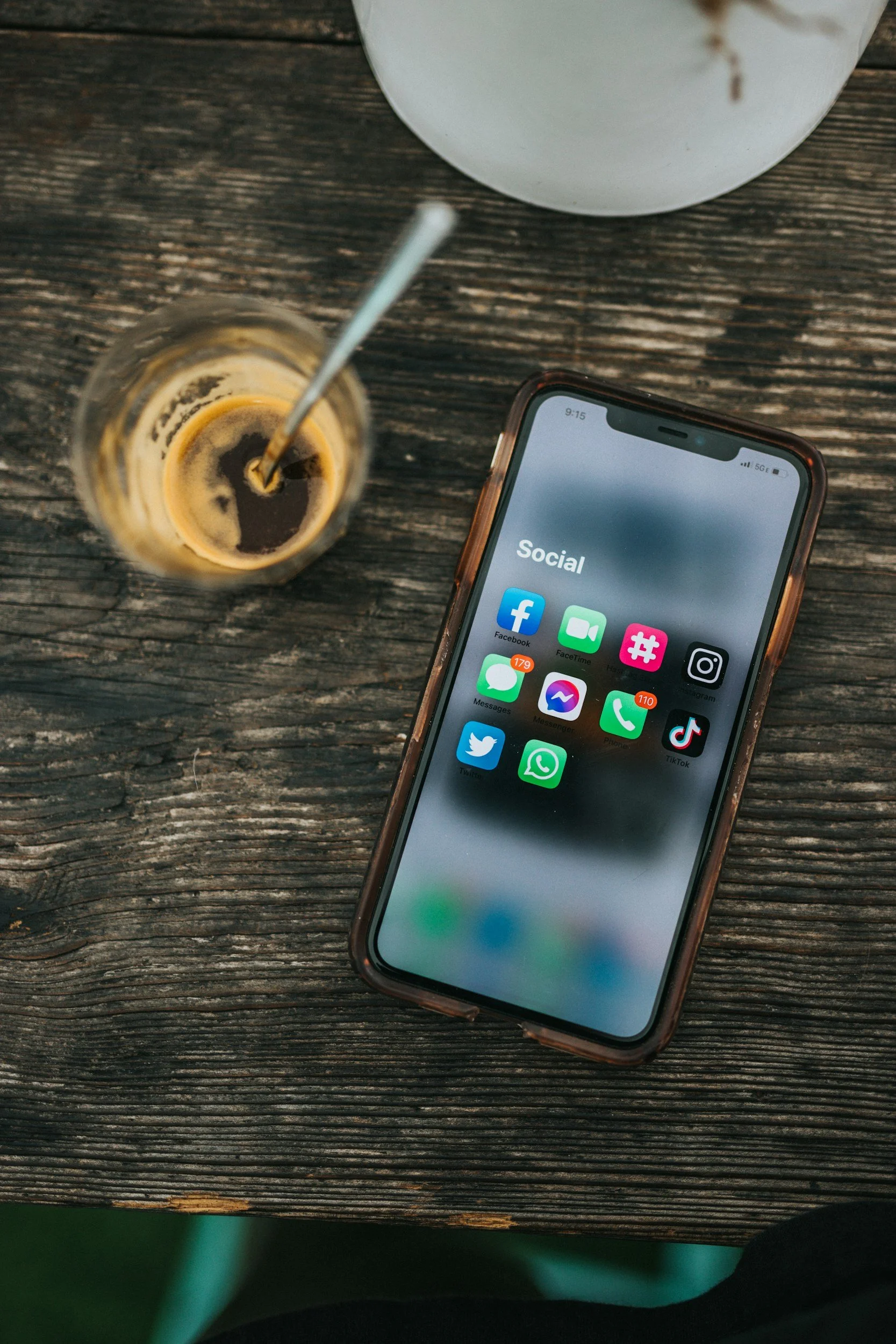By Karen Herson
Phone conversations can be exhausting and frustrating for individuals with hearing loss. Telephones render the communicators unable to see each other when talking, so they can’t take advantage of important visual cues, including knowing when it’s their turn to talk.
Fortunately, Americans with hearing loss can receive free assistive technology for captioned telephone service from participating service providers on their home phones, mobile devices, and other communication applications.
Real-time transcriptions of communication are a vital service for those who rely on their phones to stay connected with family and friends and to communicate with health care professionals and emergency responders.
Image provided by Clear2Connect.
Veterans Can Benefit Immensely
Americans of all ages can benefit from captioned telephone service, especially our military veterans who are disproportionately affected by hearing loss. Hearing loss is not just due to degeneration from aging; veterans are 30% more likely than non-veterans to have hearing damage due to their service, which is currently the fastest-growing post-war disability.
The most prominent hearing conditions afflicting military veterans include tinnitus, hearing loss, hyperacusis, auditory processing disorders. Captions are an immensely beneficial tool for individuals suffering from these conditions.
What is Captioned Telephone Service?
This service enables people with hearing loss to speak during a phone call and then read the other person’s response in real-time as transcriptions appear directly on their telephone or app. This service is known as Internet Protocol Captioned Telephone Service (IP CTS), and it uses a combination of automatic speech recognition (ASR) technology and skilled transcribers, or ASR technology only.
How Can I Access Captioned Telephone Service?
Several providers offer captioned telephone service. When registering for this service, the FCC requires individuals to self-certify that they have hearing loss necessitating telephone captioning.
One such provider is the Clear2Connect Coalition, which is an organization comprised of disability and veterans service groups who advocate on behalf of the deaf and hard of hearing communities for access to quality, accurate communication technology. You can access free captioned telephone services via Clear2Connect here or by email at info@clear2connect.org.
Karen Herson manages the Clear2Connect Coalition. She is a communications professional with more than 30 years’ experience spearheading a variety of outreach initiatives, with a particular focus on disability and veterans issues.







I made one hat to solve problems, never imagining how many other adults and children would relate. It’s an honor to be able to give something back to the cochlear implant community that understands this journey so well.